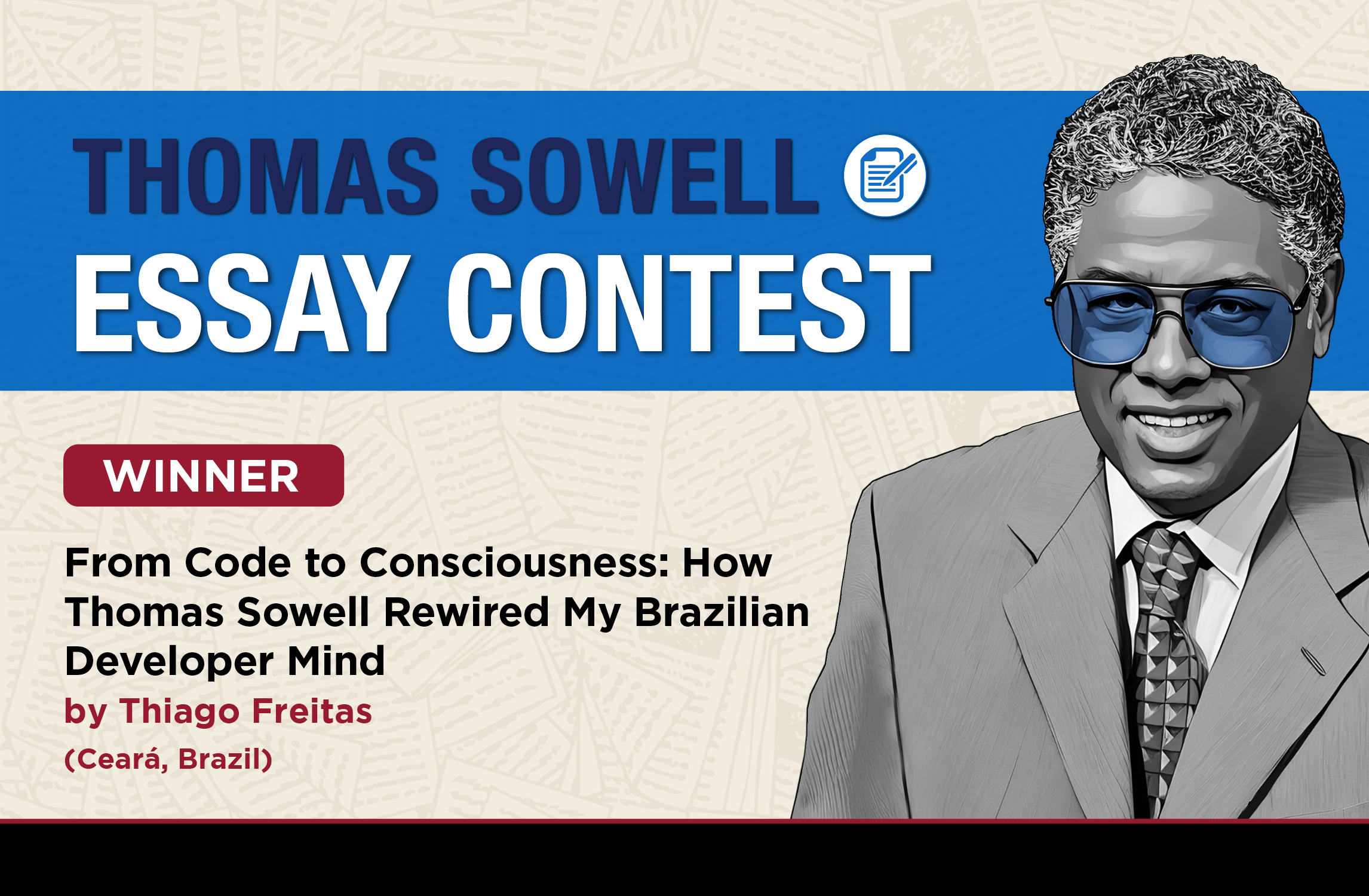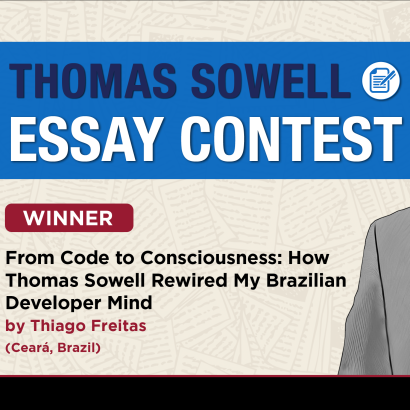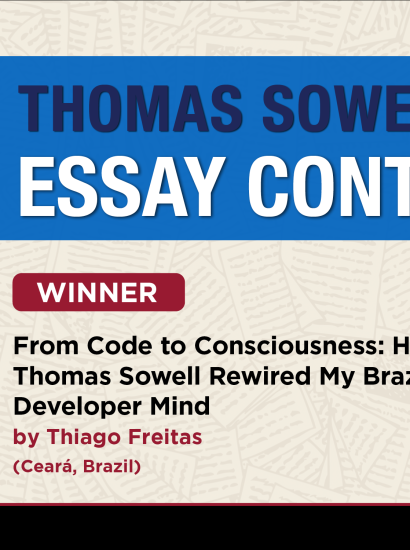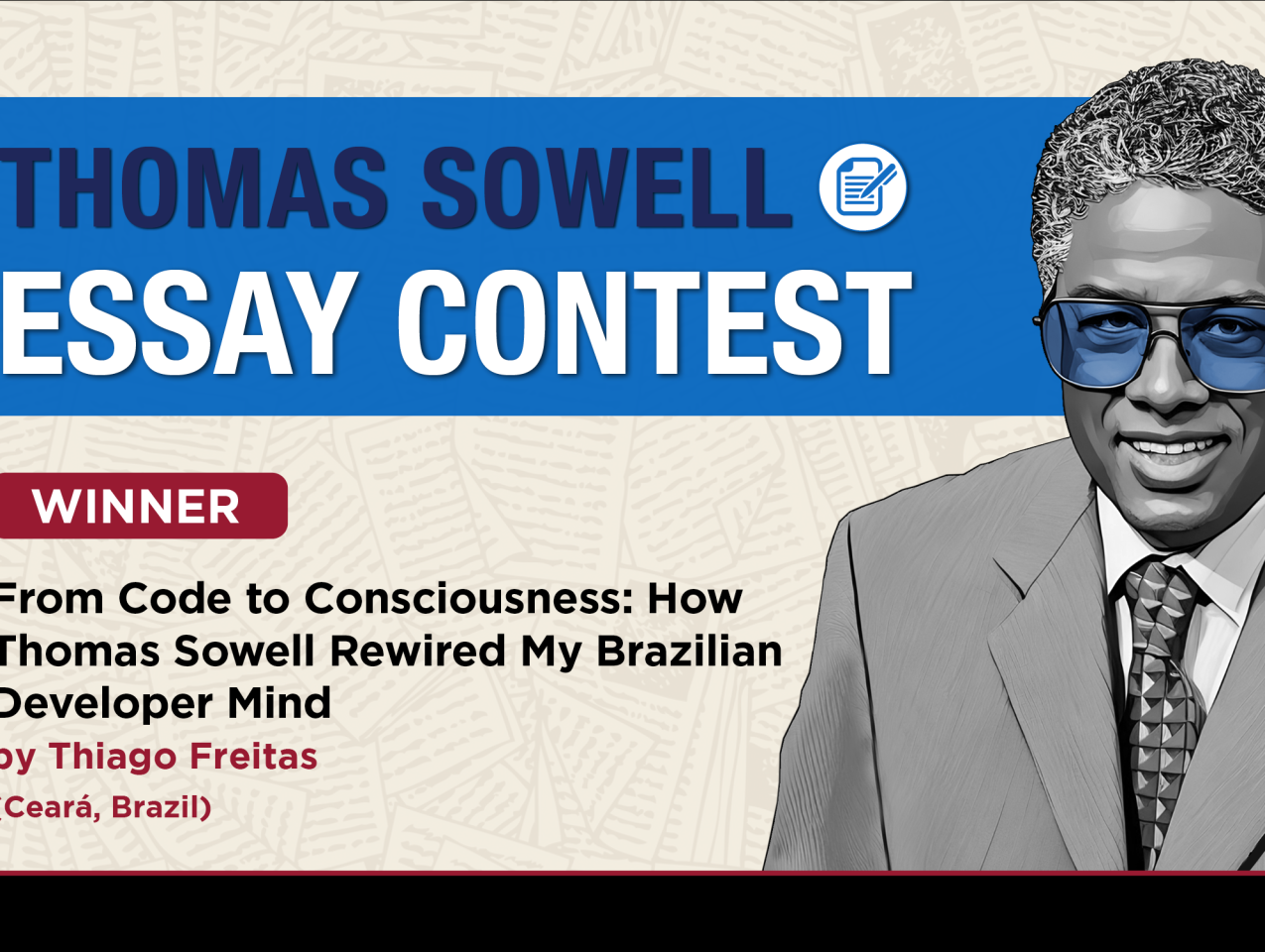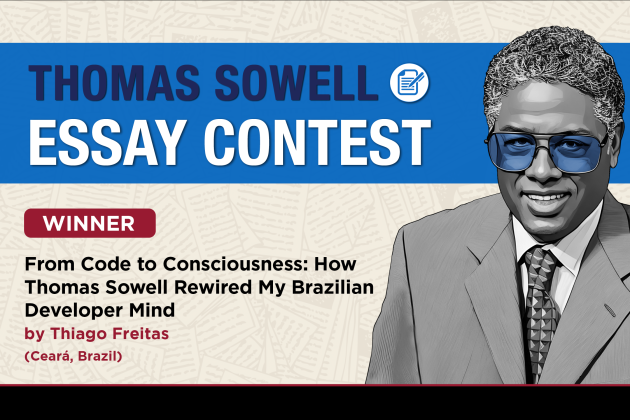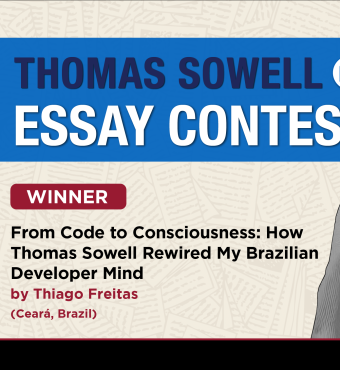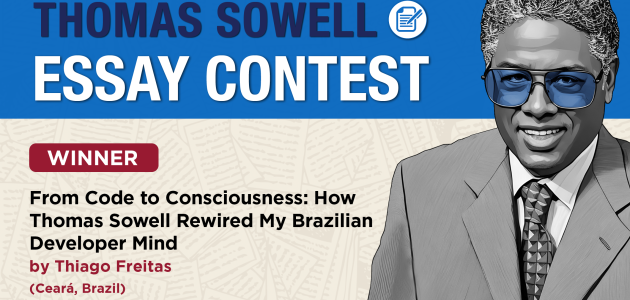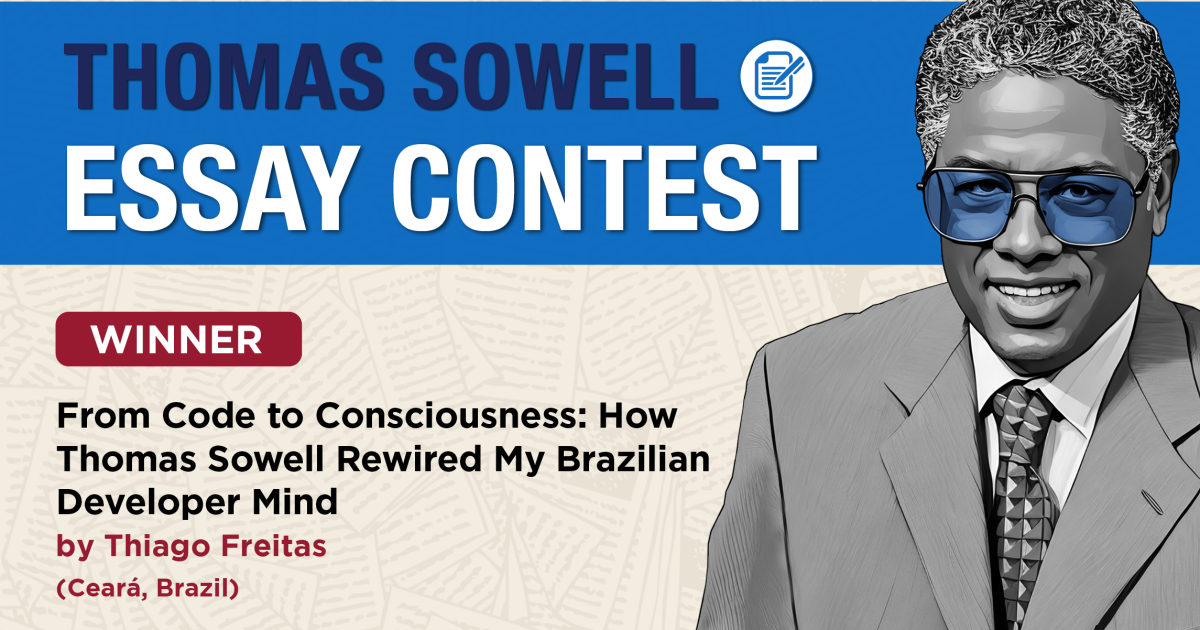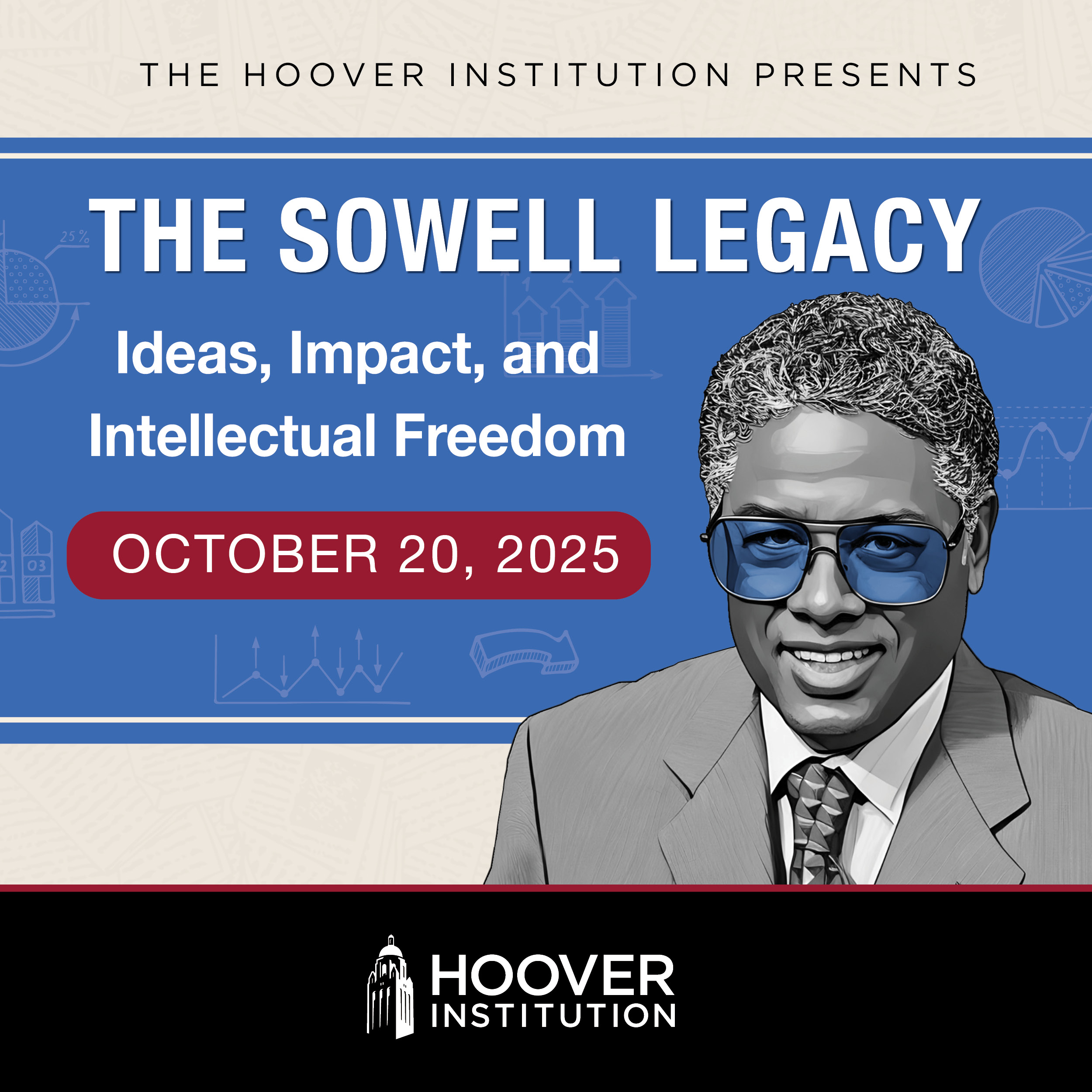
At 25, I was a self-taught developer in Ceará, coding for international clients whilst feeling inferior to my university-educated cousins. Then I discovered Thomas Sowell’s “Knowledge and Decisions” during a late-night YouTube binge. His distinction between formal credentials and practical knowledge felt like reading my own biography. Here was a Stanford economist arguing that my experience debugging production servers was as valuable as my cousins’ engineering degrees.
That night began an intellectual transformation that would eventually drive me back to university—not for the diploma I once craved, but for knowledge I now understood differently.
The Credentials Illusion
Before Sowell, I lived in contradiction. My American clients paid me in dollars based solely on my GitHub repositories and delivered results. Yet at family gatherings, I felt diminished beside relatives with federal university degrees. Brazilian society had programmed me to believe that without proper credentials, I was incomplete.
Sowell’s “Knowledge and Decisions” shattered this programming. His concept of “dispersed knowledge”—the specific, practical information possessed by individuals in particular circumstances—perfectly described my reality. Every freelance project taught me something no curriculum could capture: how Silicon Valley startups actually operate, what European clients truly value, how to navigate real commercial pressures.
The irony struck hard. Brazil’s education policies, obsessed with universal university access, convinced millions that only academic credentials matter. Meanwhile, I earned more than my credentialed cousins by applying knowledge that required zero certificates but endless practical learning.
This revelation from Sowell transformed how I viewed Brazil’s economic struggles. We were optimising for credentials whilst ignoring capability. Our universities produced graduates who could recite theories but couldn’t solve real problems—exactly what Sowell predicted in “Intellectuals and Society” about the isolation of intellectual elites from practical consequences.
Unintended Consequences Everywhere
“Basic Economics” revolutionised how I understood Brazil’s dysfunction. Sowell’s analysis of unintended consequences explained patterns I’d observed but never comprehended.
Consider my first job offer at 19—a web development position that disappeared when the company calculated total costs. Brazil’s labour protections meant hiring me would cost nearly double my salary in mandatory benefits. So they hired nobody, outsourcing to unprotected freelancers instead. The very laws designed to protect workers had pushed me into precarious self-employment.
This pattern appeared everywhere once Sowell taught me to see it. Import restrictions meant to protect Brazilian industry explained why my laptop cost triple American prices. University quotas designed to increase access had inflated degree values whilst degrading quality. Each well-intentioned policy created cascading consequences policymakers never anticipated.
Sowell’s framework particularly illuminated Brazil’s informal economy. Roughly 40% of Brazilian workers operate informally—not from criminality but from rational response to irrational regulations. When formal employment becomes too expensive, both employers and employees route around the damage, creating a two-tier system where the protected few enjoy extensive benefits whilst the unprotected many scramble for survival.
The Diversity Paradox
Growing up mixed-race in Brazil, I’d absorbed our national myth of racial democracy. “Discrimination and Disparities” demolished these comfortable assumptions with uncomfortable data.
Sowell’s worldwide analysis of ethnic economic performance explained patterns I’d observed in São Paulo’s tech scene. Why did Lebanese-Brazilians dominate commerce? Why did Japanese-Brazilians excel in agriculture despite arriving with nothing? His answer—cultural capital and accumulated knowledge matter more than genetic ancestry or government programmes—challenged everything I’d believed about inequality.
This insight transformed how I view Brazil’s diversity initiatives. We copy Silicon Valley’s diversity rhetoric without Silicon Valley’s context, focusing on racial percentages in tech companies whilst ignoring that most Brazilians lack basic computer access or English skills. We’re optimising the wrong function, addressing inequality of outcomes amongst the already privileged whilst ignoring structural knowledge gaps.
Sowell taught me that real empowerment comes from capability transfer, not quota systems. Now when mentoring junior developers, I focus on transmitting practical knowledge: reading documentation, debugging systematically, communicating professionally. These skills, not diversity metrics, determine economic outcomes.
Constrained Versus Unconstrained
“A Conflict of Visions” provided the framework that unified everything. Sowell’s distinction between constrained and unconstrained visions explained not just political disagreements but my own intellectual evolution.
I’d started with unconstrained thinking—believing education could fix everything, that Brazil needed only better policies and more graduates. Classic unconstrained vision: humans are perfectible, society is broken only because we haven’t found the right solution.
But debugging code teaches constraints. Memory is limited. Networks fail. Every elegant solution must account for messy reality. Sowell’s constrained vision—that humans are fundamentally limited, that trade-offs exist everywhere—aligned perfectly with programming experience.
This shift changed how I approach problems. Instead of asking “Why doesn’t Brazil have better education?” I ask “Given our constraints, what’s possible?” Rather than lamenting corruption, I understand it as predictable response to incentive structures. Instead of demanding transformation, I seek incremental improvement.
When classmates propose universal basic income, I ask about second-order effects. When they blame capitalism for poverty, I cite Sowell’s data about global living standards. I’ve become the inconvenient voice asking “Compared to what?”—Sowell’s essential question that Brazilian discourse desperately needs.
The Knowledge Problem
Building distributed systems whilst reading “Intellectuals and Society” created surreal parallels. Sowell’s critique of centralised decision-making perfectly described both badly architected software and Brazilian economic planning.
In programming, distributed systems often outperform centralised ones because each node processes local information faster than any central authority could. Sowell makes identical arguments about economies. Brazilian intellectuals, like poorly designed central servers, create bottlenecks by insisting all decisions flow through them.
I witnessed this when São Paulo tried regulating Uber. Taxi unions demanded the app’s ban. City councillors who’d never driven professionally held hearings where nobody spoke for actual drivers and riders—those with the most relevant knowledge. Classic knowledge problem: credentialed experts making decisions for people whose reality they don’t understand.
This pattern repeats throughout Brazilian policy. Brasília bureaucrats design agricultural policies for farmers they’ve never met. São Paulo academics prescribe economic solutions for favela residents they’ve never visited. Each failure follows Sowell’s prediction: when decision-makers lack skin in the game, they prioritise intentions over outcomes.
Return to University, Reformed
Paradoxically, Sowell’s critique of credentialism drove me back to university at 27. Not for the diploma—my clients still don’t care—but for structured knowledge I’d missed. Computer Science theory would improve my coding. Statistics would sharpen my ability to evaluate claims. Economics would deepen my understanding of systems I build for.
But I returned transformed. Whilst classmates stress about grades, I focus on understanding. When professors present theories, I test against experience. During debates about Brazil’s problems, I demand data, not intentions.
Some find me cynical. But Sowell taught me that cynicism about grand plans is realism about human nature. Every utopian scheme assumes away the very constraints that make schemes necessary.
The Brazilian Reality
Sowell’s ideas feel urgently relevant to Brazil. We’re trapped between first-world aspirations and third-world constraints, importing solutions to problems we don’t have whilst ignoring problems we do.
We debate gender pronouns whilst functional illiteracy remains widespread. We mandate diversity training whilst basic education crumbles. We regulate cryptocurrency whilst half the population lacks bank accounts. Through Sowell’s lens, these aren’t random failures but predictable consequences of unconstrained vision meeting constrained reality.
Brazilian intellectuals, educated abroad, return with solutions designed for different problems. They focus on cosmic justice whilst ordinary Brazilians need functional justice—contracts that work, property that’s secure, rules that are predictable.
Coding Reality
Today, Sowell’s framework shapes my daily work. When clients propose features, I consider unintended consequences. When debugging, I look for knowledge problems. When mentoring, I emphasise practical knowledge over theoretical completeness.
But the deepest change is personal. I’ve stopped feeling inferior about my unconventional path. Sowell’s own journey—high school dropout to Marine to Harvard to Stanford—demonstrates that knowledge accumulates through experience, not just classrooms.
My generation of Brazilian developers is building systems that will shape our future. If we code with unconstrained visions, believing our applications can perfect human nature, we’ll create digital disasters. But if we understand constraints, respect dispersed knowledge, and anticipate consequences, we might build systems that actually work.
Sowell gave me what no university could: a coherent framework for understanding why societies succeed or fail. In Brazil, where we’ve tried everything except what works, his ideas feel revolutionary—not because they’re new, but because they’re grounded in evidence rather than hope.
That night at 25, Sowell helped me debug more than code. He debugged my worldview. In a country addicted to magical thinking, he taught me to code reality.
References
Sowell, Thomas. Basic Economics: A Common Sense Guide to the Economy. 5th ed., Basic Books, 2014.
Sowell, Thomas. A Conflict of Visions: Ideological Origins of Political Struggles. Revised ed., Basic Books, 2007.
Sowell, Thomas. Discrimination and Disparities. Revised ed., Basic Books, 2019.
Sowell, Thomas. Intellectuals and Society. Revised ed., Basic Books, 2012.
Sowell, Thomas. Knowledge and Decisions. Basic Books, 1996.







